55 Fun and Creative Winter Activities for Gardeners
Don’t let the cold weather stop you from enjoying your favorite hobby! Check out our list of unique winter gardening activities to keep your green thumb busy all season long.
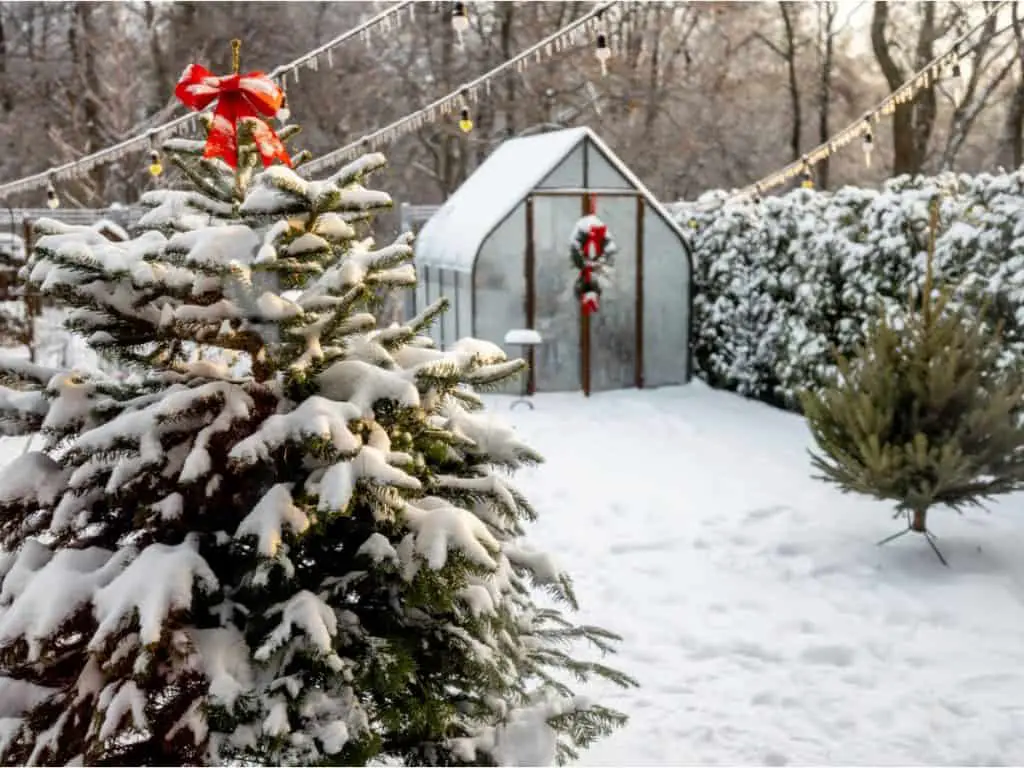
Winter can be a tough season for gardeners. With the cold weather, snow, and frost, it might seem like there’s nothing to do until spring arrives. But don’t lose heart! Winter is an excellent time to prepare your garden for the coming spring.
There are plenty of creative activities gardeners can do to find enjoyment in the colder months. So, whether you have a small balcony or a large garden, we’ve listed 55 creative winter activities to help gardeners enjoy the season.
Plan next season’s garden: Winter is the perfect time to begin planning what you want to grow in the upcoming spring. Make a list of the plants you want to add or research new varieties that may succeed in your area.
Build a birdhouse or feeder: Winter is harsh for birds, so building a birdhouse or adding a feeder to your garden space will provide birds with shelter and food.
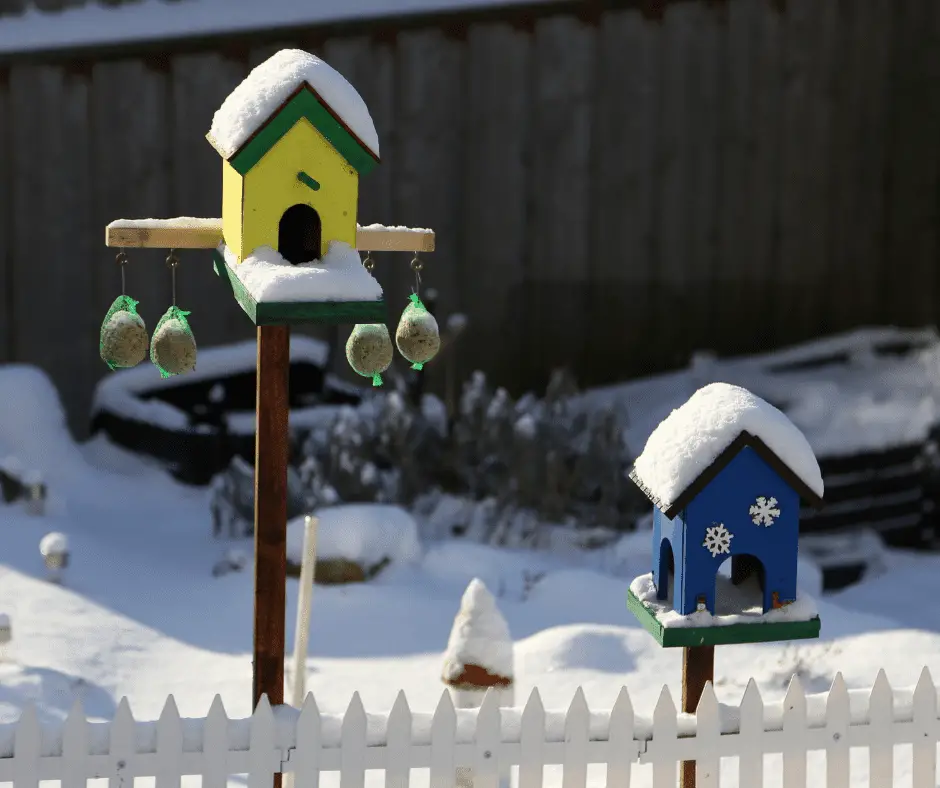
Prepare your soil: Winter is an excellent time to improve soil quality. Digging in compost or any organic matter will help enrich the soil and make it the perfect environment for new plants.
Clean and organize your gardening tools: Use a damp rag to clean the dirt and rust from tools, but avoid water soaking, which can damage them. After cleaning, store all tools back in their proper place.
Design new garden beds: Consider creating new garden beds or redesigning your current layout. You could aim for a more attractive and efficient garden space that incorporates all your favorite plants.
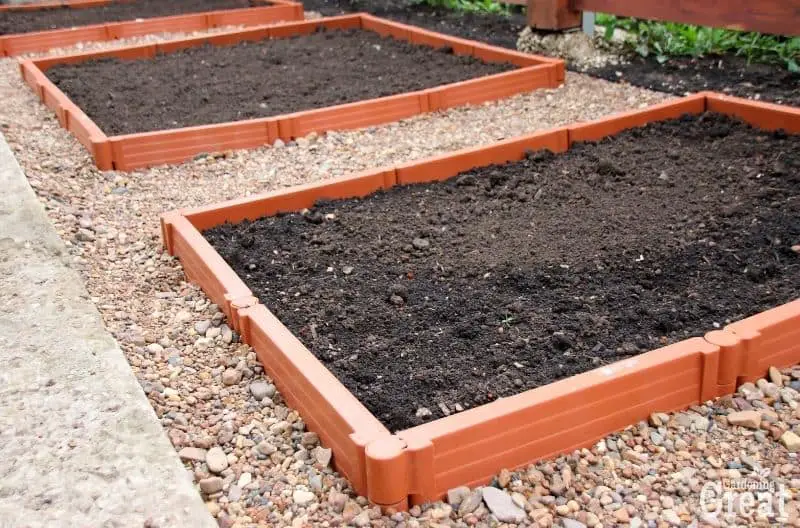
Visit a botanical garden or greenhouse: During winter, many botanical gardens and greenhouses are open to visitors. A visit can provide endless inspiration and ideas for your garden.
Plant winter-friendly vegetables: Some vegetables, such as carrots, peas, and spinach, can tolerate cold temperatures even in winter. Research what types of vegetables can grow in your area.
Create a winter garden centerpiece: Make a centerpiece of your winter garden by incorporating evergreens, cold-hardy perennials, pines cones, holly berries, and other winter foliage.
Attend a garden expo or conference: Many garden expos and conferences are held during winter. Attend one and learn about new plants, tools, and techniques, and network with other gardeners.
Experiment With Indoor Herb Gardening: Grow fresh herbs indoors with a windowsill herb garden. Use small containers and fill them with organic soil and your favorite herbs.
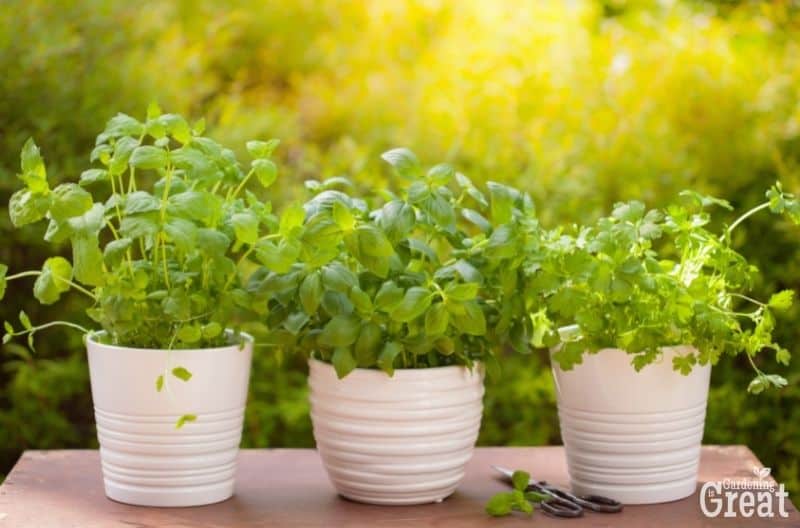
Take weather photos from your garden: Whether it snows or not, take photos of winter weather in your garden. By capturing memories, you can keep track of what happens in your garden every season.
Make homemade garden decorations: You can make ornaments, labels, and decorations for your garden from materials found in nature or from old gardening books and magazines.
Make holiday wreaths: Collect natural materials like pine cones, greenery, dried flowers, and fruit to create winter wreaths that adorn your home.
Serve hot cocoa in the garden: Enjoy a hot cup of cocoa while sitting in your garden and enjoying your winter wonders.
Create a homemade bird bath: Create a bird bath for winter and holiday-inspired birds with a shallow bowl of water and rocks.
Build a simple greenhouse: Build a small greenhouse that fits in your garden space or backyard. Use plastic panels, wooden frames, and a heating or lighting system.
Learn how to make compost: Compost is a great way to add nutrients to your garden beds while reducing kitchen waste in your home.
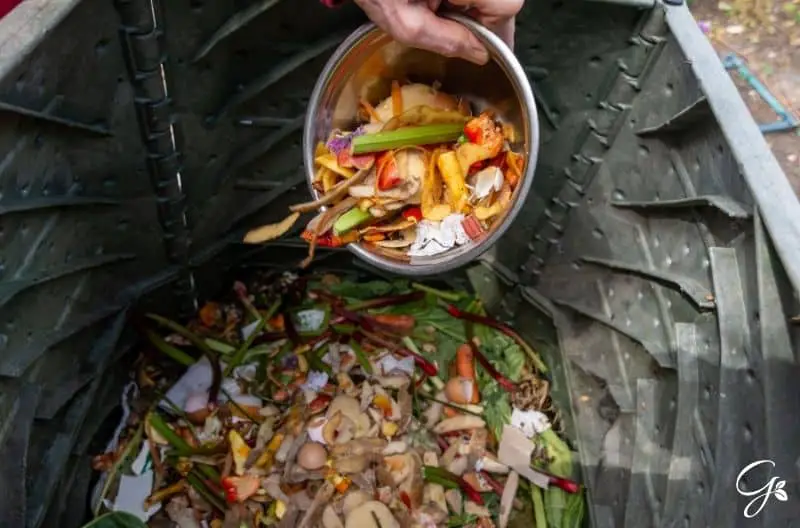
Make a fairy house: A fairy house makes your winter garden more fun and interactive. Create a small home for your fairy friends by using twigs, stones, pebbles, and other natural materials.
Try a new gardening style: Use wintertime to explore a new gardening style, like terrariums, succulents, and water gardens.
Create garden art: Make your garden exciting by adding one-of-a-kind artistic pieces. You can make anything from a stained glass suncatcher to a garden flag.
Volunteer at a garden or nature reserve: Many botanical gardens and nature reserves offer volunteer opportunities for gardeners. Offer to share your skills and knowledge with them.
Build plant habitats: A plant habitat can be a terrarium, a raised bed, or a garden bed that provides all the necessary growth conditions for a particular plant species.
Research garden books and publications: Check out gardening books or publications from your local library. Winter is an excellent time to catch up on reading and learn more about gardening.
Make a gardeners gift basket: If you have friends or family members who love gardening, create a gardeners’ gift basket complete with seed packets, gloves, and any other gardening tools.
Plant indoor bulbs: Plant indoor bulbs like paper white and hyacinths, which bloom during the winter months.
Go on a winter garden walk: Walking outside in your garden during winter is a great way to exercise, clear your mind, and spot any signs of life.
Propagate plants: Propagating houseplants is the process of creating new plants from an existing one. Research this method and start propagating new plants for your garden.
Learn to identify local birds: During winter, there are only a few bird species around your garden. However, it’s an excellent time to learn more about them and identify their species.
Learn about winter-friendly plants: Research plants that bloom during the winter season in your climate zone. Also, learn how to take care of them.
Record garden growth data: Measuring and recording the growth of each plant in your garden can be useful for tracking your garden’s progress.
Use pond water for house plants: If you have a garden pond, use the nutrient-rich water to water your indoor houseplants.
Clean your greenhouse: Winter is a perfect time to do a deep clean of greenhouses, as pests or insects may be hiding in the corners.
Make homemade ornaments: Use a variety of natural materials to make winter garden ornaments, such as pine cones, berries, and pretty leaves.
Attend a horticulture course: Enroll in a horticulture class and learn more about plant growth, soil composition, and garden design.
Learn to grow microgreens: Try growing microgreens indoors in small container pots. These make excellent salad additions and are easy to grow during winter.
Learn to identify hibernating insects: During the winter, many insects hibernate in your garden. Try to identify them and learn more about their lifecycles.
Research urban agriculture: If you live in an urban area, research urban agriculture and how to grow vegetables, fruits, and herbs in tight spaces.
Take an online gardening course: There are many online gardening courses that teach everything from plant care to garden design.
Start a winter garden journal: Keeping a winter garden journal is a great way to document everything about your garden during the winter months.
Build a cold frame: A cold frame is a mini greenhouse that protects plants from harsh weather conditions.
Visit a seed exchange: A seed exchange event is perfect for connecting with other gardeners and learning about new and unique plant varieties.
Collect pine cones and acorns: Use seasonal items such as pine cones and acorns to create a festive winter wreath.
Attend a gardening workshop: Winter is the perfect time to attend container gardening, horticulture, and organic gardening workshops.
Turn garden soil: During winter, turn over your garden soil and add nutrients such as compost and manure to help enrich the soil.
Create stepping stones: Use cement and a mold to make your design and decorate it with pieces of glass, shells, or aggregates.
Experiment with new plant species: Use winter to experiment and grow new plant species, like orchids, carnivorous, and medicinal plants.
Create mini gardens: Use old teacups, tins, or containers to create small container gardens.
Learn to create potpourri: Create natural scents for your home by using dried flowers or herbs and make homemade potpourri.
Winter may seem like a barren season for gardeners, but it does not have to be. Gardeners can undertake plenty of activities during this season. From planning and designing garden beds to building birdhouses and attending garden expos, garden lovers can use winter to their advantage.
So don’t be discouraged by the frost and snow outside. Let your winter garden be a source of inspiration and endless possibilities.
And for more top tips on caring for your garden during winter, take a look at these posts:

